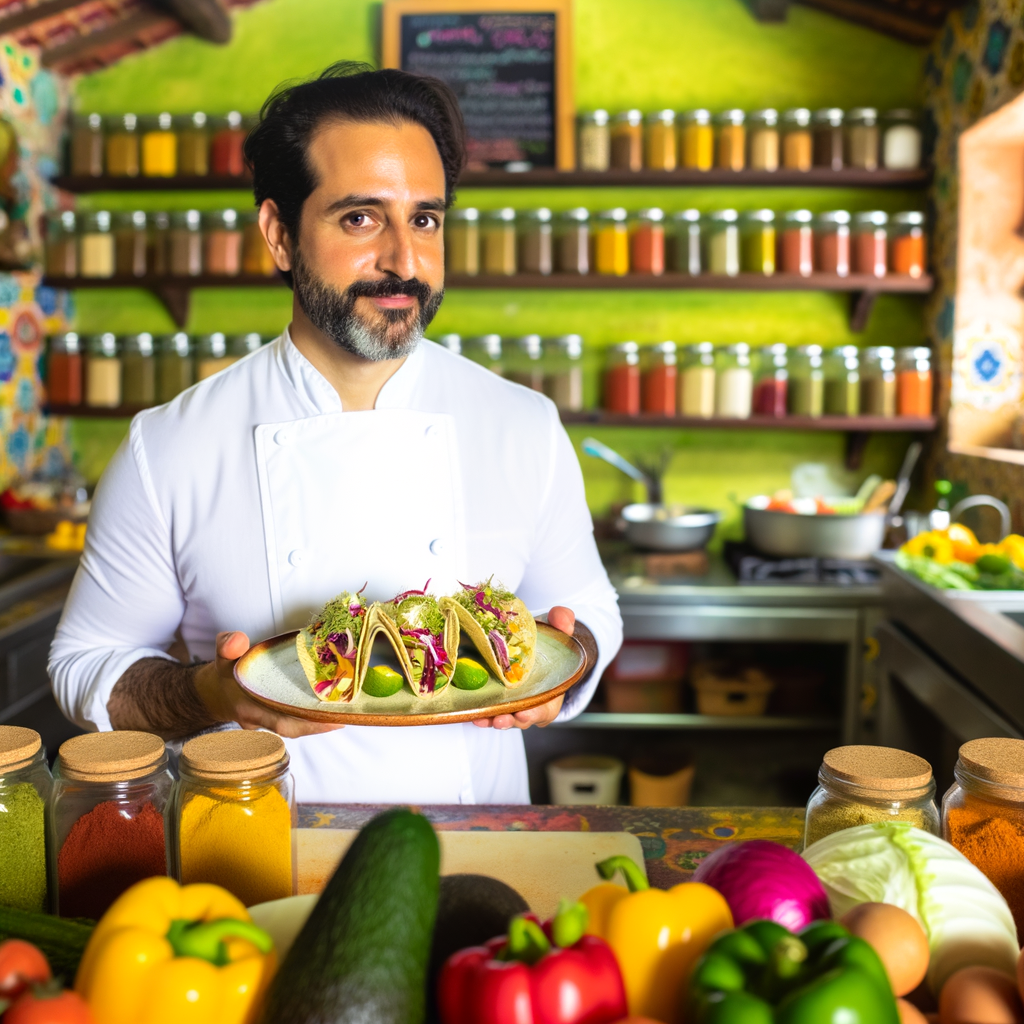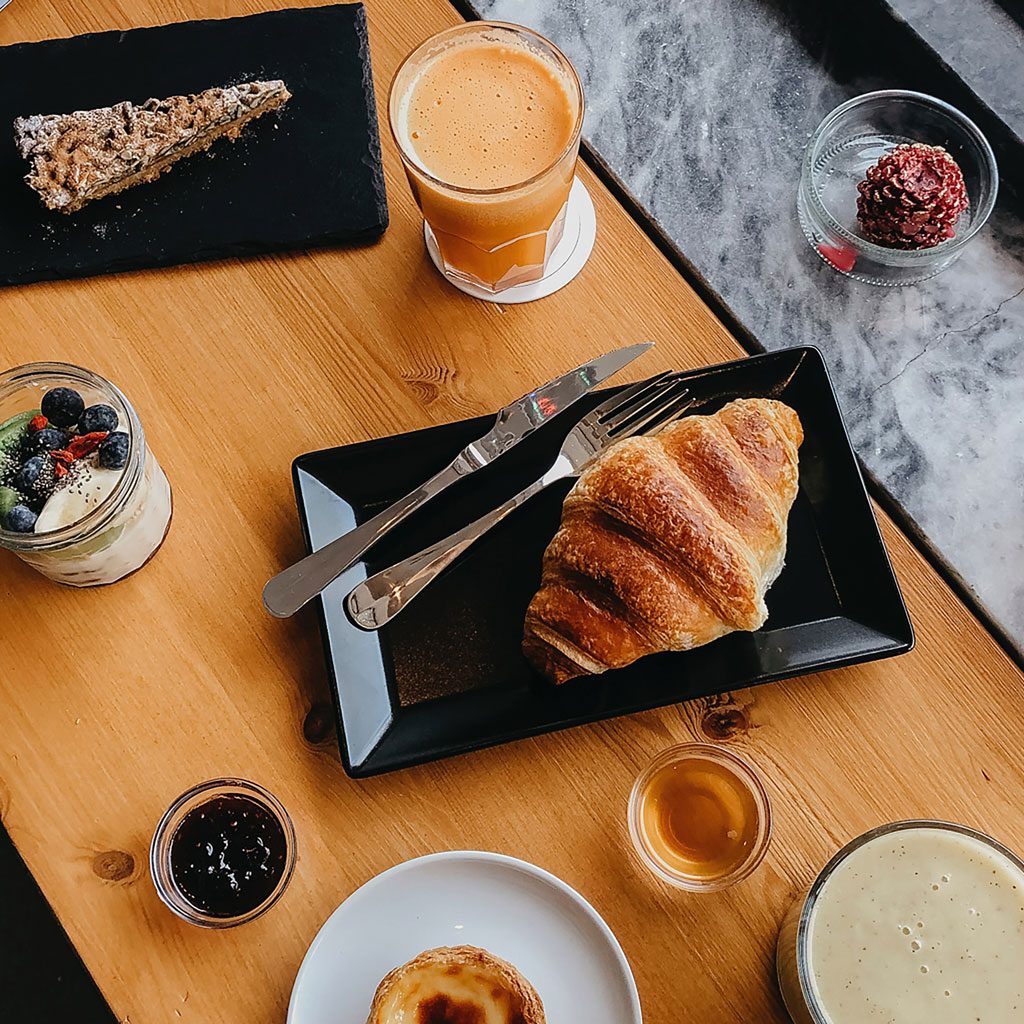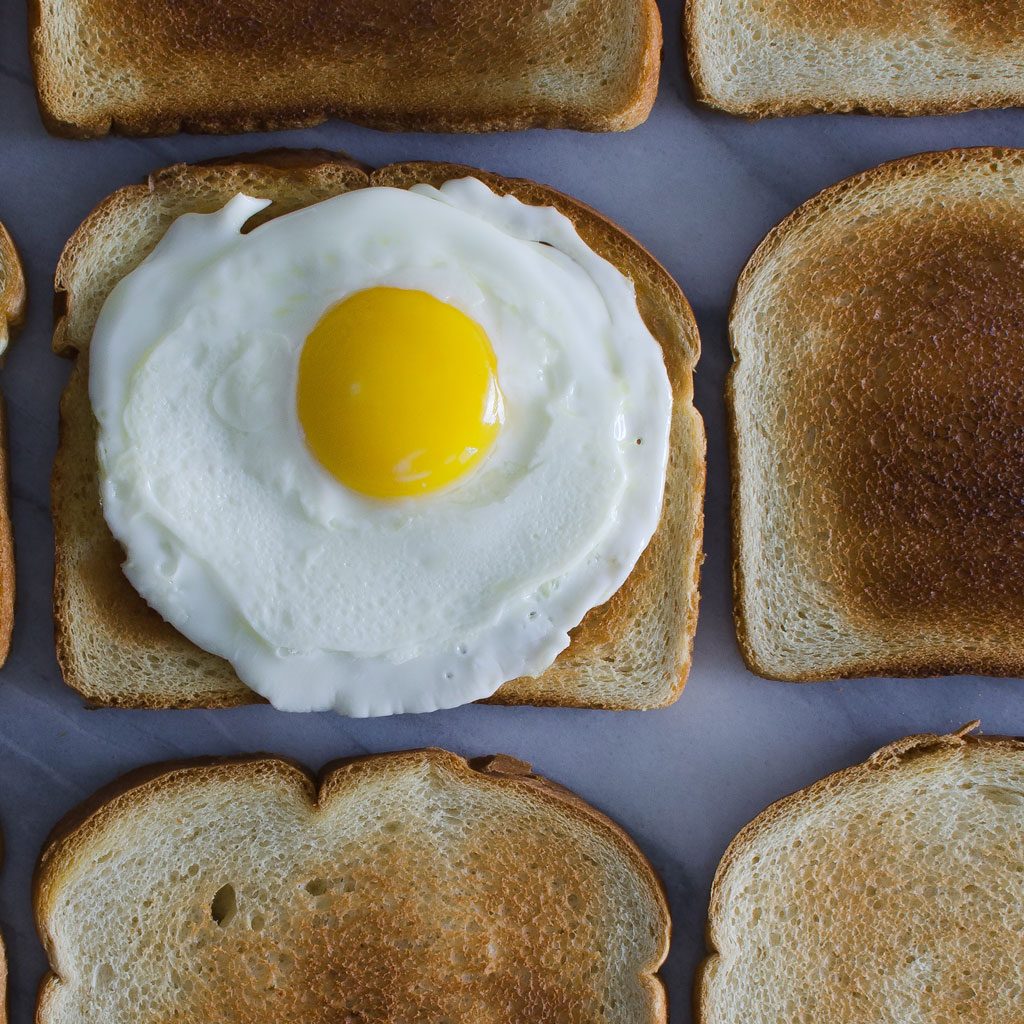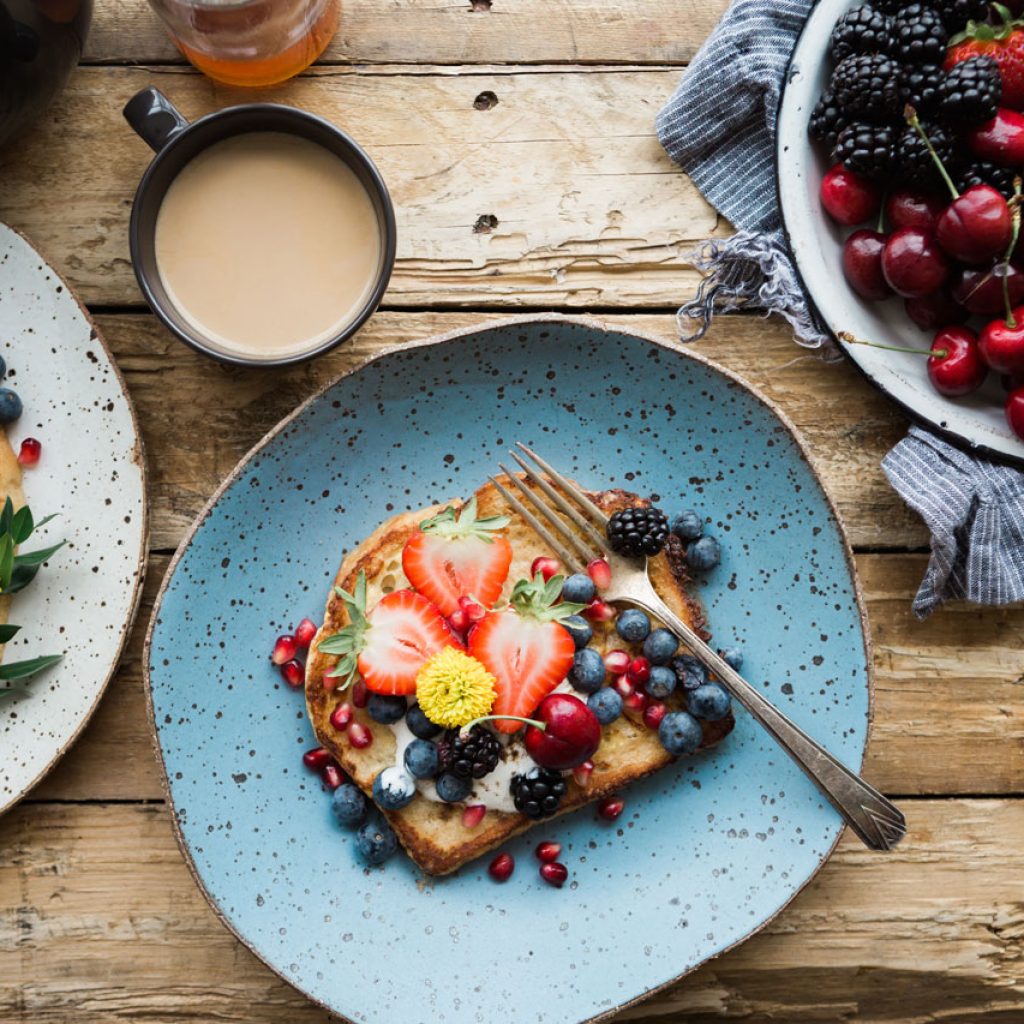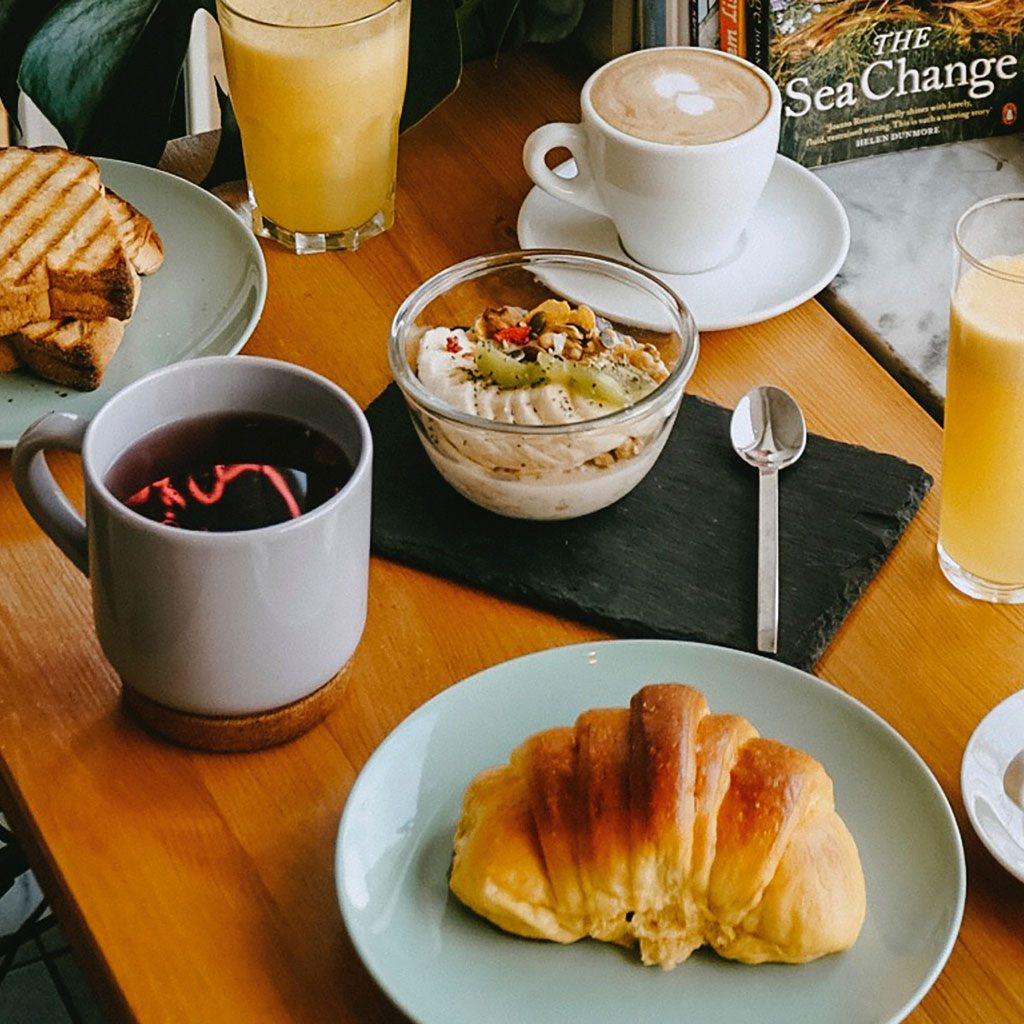An Emotional Clash: When Family Traditions Confront Dietary Choices
The Controversial Dinner
The tension was palpable. A well-loved family tradition had suddenly come into question, leading one sister to snap at another. The catalyst for the discord? A lifestyle change. This seemingly simple shift turned a usually harmonious gathering into an emotional battleground.
The family had always cherished their traditional meal—an event that marked love, unity, and togetherness. But when one sister chose to become vegan, tensions rose. The emotional eruption brought to light the complex dynamics that families face when personal choices disrupt established traditions.
Understanding Family Traditions
Family traditions are more than just recurring events; they’re the glue that binds families together. They:
- Provide a sense of continuity
- Create shared memories
- Strengthen emotional bonds
When these traditions are questioned or altered, it can feel like an attack on the family’s core identity. How do individuals and families navigate such emotionally charged waters?
The Importance of Traditions
To fully grasp why this family dinner turned into a feud, it’s crucial to appreciate the power of traditions. These rituals serve multiple functions:
- Historical Continuity: Traditions connect us to our past, offering a sense of identity and lineage.
- Emotional Security: Repeated rituals provide comfort, especially in times of change or stress.
- Social Structure: Traditional roles and tasks offer a sense of order and responsibility within the family unit.
- Cultural Significance: Traditions are a way to pass down cultural values and practices to future generations.
The Vegan Lifestyle: A Growing Movement
The sister’s choice to adopt a vegan lifestyle is not an isolated incident but part of a larger societal shift. Veganism has been on the rise for various reasons:
- Health Benefits: Reduced risk of certain diseases, improved digestion, and enhanced overall well-being.
- Environmental Impact: Lower carbon footprint, reduced water usage, and less deforestation.
- Animal Welfare: Ethical objections to animal cruelty and factory farming practices.
Choosing to become vegan can fundamentally alter one’s life, affecting not just diet but also social interactions and family dynamics.
Why the Clash? Emotional vs. Rational Understandings
The conflict arose from an intersection of emotional and rational beliefs. For the sister who snapped, the tradition held deep sentimental value. For the vegan sister, her new lifestyle was a conscientious, reasoned decision. When reason confronts emotion in the landscape of family tradition, sparks often fly.
Navigating Through Conflict
So, how do families manage such deeply rooted emotional conflicts? Here are some strategies:
- Open Communication: Create a safe space for expressing feelings and rationales without judgment.
- Empathy: Attempt to understand the emotional weight these traditions hold while also appreciating the reasons behind new choices.
- Compromise: Find common ground. Could traditional dishes be modified to cater to vegan diets while keeping the essence intact?
- Flexibility: Navigating change with a flexible approach will help preserve harmony and respect within the family.
Open Communication
Clear communication is vital. Addressing the underlying emotions involved can make a significant difference. Creating a platform for honest dialogue can mitigate feelings of resentment or misunderstanding. The aim should be not to win but to understand.
Empathy and Understanding
Empathy goes a long way in mending familial rifts. Try to see the situation from each other’s perspective. For those upholding traditions, it’s not just about food—it’s about family unity, memories, and comfort. For the vegan family member, it’s about integrity, health, and moral beliefs.
Compromise and Flexibility
Compromise does not mean giving up one’s values but finding a mutual point of agreement. A few ways to achieve this include:
- Incorporating Vegan Dishes: Adding vegan options to the traditional meal.
- Alternating Traditions: Creating new traditions that respect both lifestyle choices.
- Gradual Change: Implementing changes slowly to allow everyone time to adapt.
Create a Unified Future
The emotional intensity experienced in this family is a microcosm of broader societal shifts. As dietary choices evolve, so must the traditions that surround them. Constructive conversations and mutual respect can pave the way for innovative traditions that honor both historical continuity and contemporary values.
The clash at the dinner table can serve as an opportunity for growth, teaching the family the art of balancing respect for tradition with the acceptance of new, perhaps even healthier, practices. In doing so, they not only preserve the essence of their togetherness but also adapt it for future generations.




